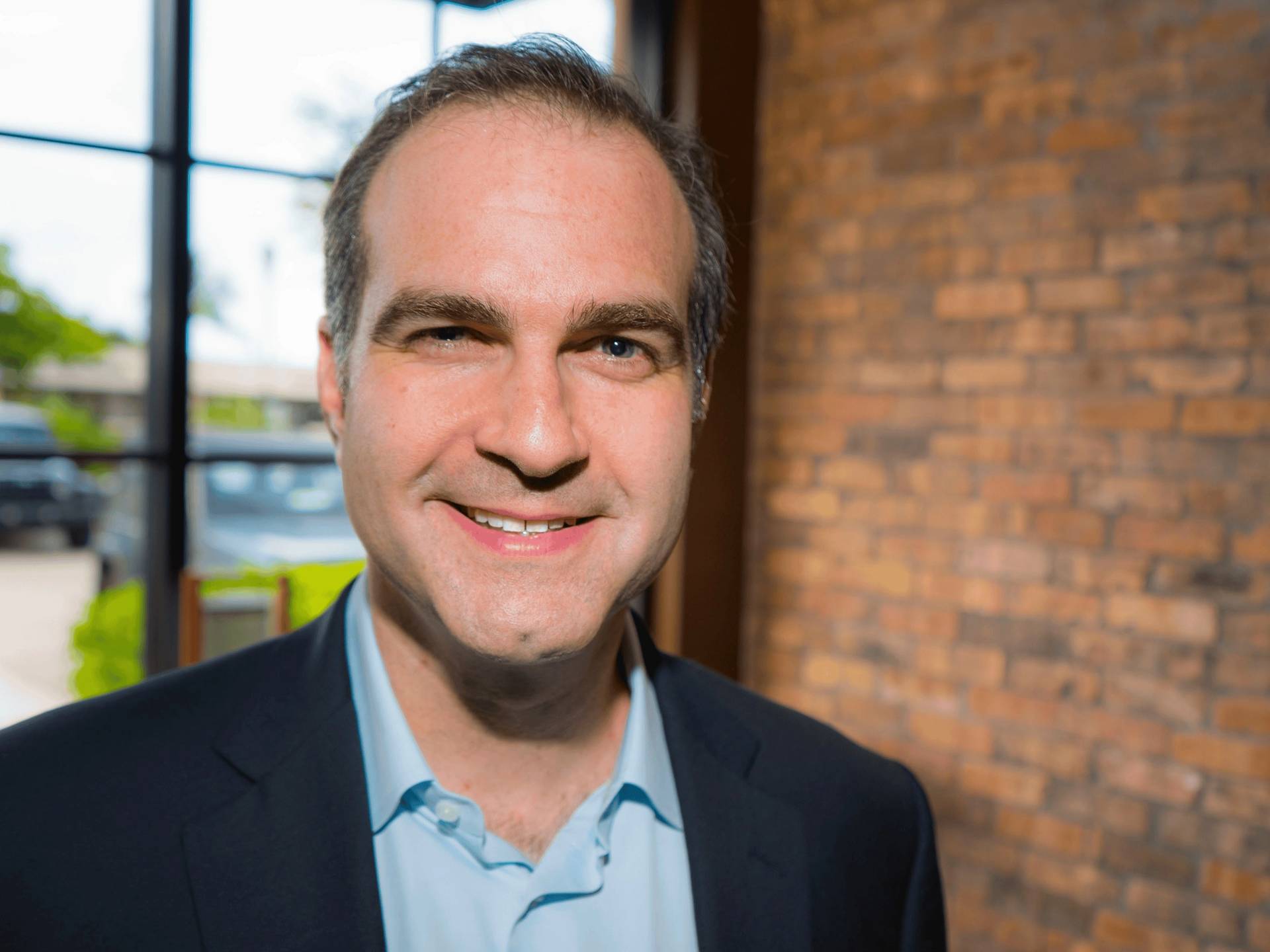Subscribe to wiki
Share wiki
Bookmark
Louis Carter
The Agent Tokenization Platform (ATP):Build autonomous agents with the Agent Development Kit (ADK)
0%
Louis Carter
Louis Carter is an American organizational psychologist, author, and business consultant. He is the founder and chief executive officer of Best Practice Institute (BPI) and Most Loved Workplace® (MLW), organizations focused on leadership development and workplace culture certification. Carter is the author and editor of multiple books on leadership, organizational change, and culture, and his work has been cited in business and management publications. [1]
Career
Carter founded the Best Practice Institute, a leadership development and management consulting firm, where he has advised corporate executives and facilitated organizational change initiatives. Through BPI, he developed programs aimed at executive coaching, talent management, and leadership strategy.
He later established Most Loved Workplace®, a certification and analytics platform that evaluates and promotes positive workplace culture. The MLW methodology includes employee surveys and data analytics to assess emotional connectedness, retention, and engagement. The certification has been adopted by organizations seeking external recognition of workplace practices. [2]
Publications
Carter has authored and edited more than a dozen books on leadership and organizational development. Notable works include:
- In Great Company: How to Spark Peak Performance by Creating an Emotionally Connected Workplace (McGraw-Hill, 2019)
- Best Practices in Talent Management (with Marshall Goldsmith, Wiley, 2009)
- Best Practices in Leadership Development and Organization Change (Wiley, 2005)
His publications generally focus on leadership effectiveness, organizational psychology, and workplace culture. [3]
Research and Approach
Carter’s professional work emphasizes the role of emotional connectedness and culture in organizational performance. His “Most Loved Workplace®” framework is based on employee feedback and analytics, aiming to connect leadership style with measurable business outcomes such as retention and productivity.
He has written articles and commentary on leadership trends, human resources practices, and corporate culture for business outlets, and has been featured in media coverage discussing workplace engagement. [4]
Recognition
Carter has been recognized within leadership and management communities through his books, consulting work, and the reach of Most Loved Workplace®. His methodologies are used by companies seeking certification and benchmarking against cultural performance standards. [5]
See something wrong?
The Agent Tokenization Platform (ATP):Build autonomous agents with the Agent Development Kit (ADK)
